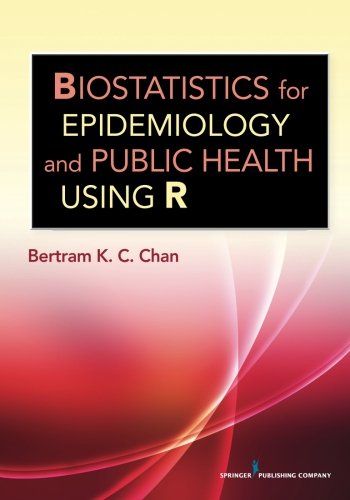

Most ebook files are in PDF format, so you can easily read them using various software such as Foxit Reader or directly on the Google Chrome browser.
Some ebook files are released by publishers in other formats such as .awz, .mobi, .epub, .fb2, etc. You may need to install specific software to read these formats on mobile/PC, such as Calibre.
Please read the tutorial at this link: https://ebookbell.com/faq
We offer FREE conversion to the popular formats you request; however, this may take some time. Therefore, right after payment, please email us, and we will try to provide the service as quickly as possible.
For some exceptional file formats or broken links (if any), please refrain from opening any disputes. Instead, email us first, and we will try to assist within a maximum of 6 hours.
EbookBell Team

4.1
80 reviews“[P]rovides a comprehensive explanation for data analysis and graphics using R language, including how R language handles classic problems in case-control, cohort studies and its use in survival analysis... The content and quality of this book is excellent. It is a great tool for understanding the use of R language for biostatistical analysis. Score: 91 - 4 Stars!”
—Bhavesh Barad, MD, East Tennessee State University Quillen College of Medicine, Doody's Reviews
Since it first appeared in 1996, the open-source programming language R has become increasingly popular as an environment for statistical analysis and graphical output. In addition to being freely available, R offers several advantages for biostatistics, including strong graphics capabilities, the ability to write customized functions, and its extensibility. This is the first textbook to present classical biostatistical analysis for epidemiology and related public health sciences to students using the R language. Based on the assumption that readers have minimal familiarity with statistical concepts, the author uses a step-bystep approach to building skills.
The text encompasses biostatistics from basic descriptive and quantitative statistics to survival analysis and missing data analysis in epidemiology. Illustrative examples, including real-life research problems and exercises drawn from such areas as nutrition, environmental health, and behavioral health, engage students and reinforce the understanding of R. These examples illustrate the replication of R for biostatistical calculations and graphical display of results. The text covers both essential and advanced techniques and applications in biostatistics that are relevant to epidemiology. This text is supplemented with teaching resources, including an online guide for students in solving exercises and an instructor's manual.
KEY FEATURES: